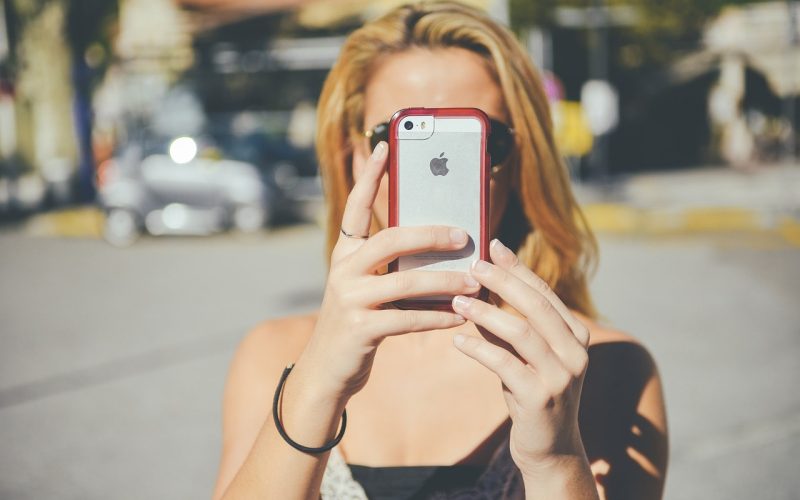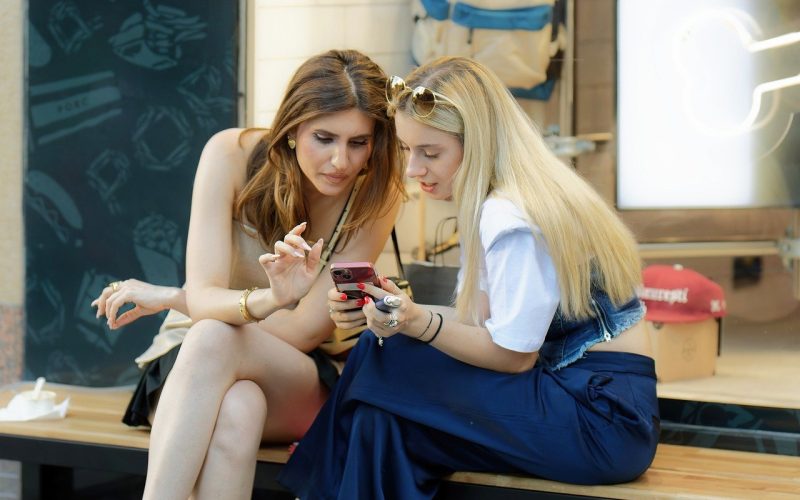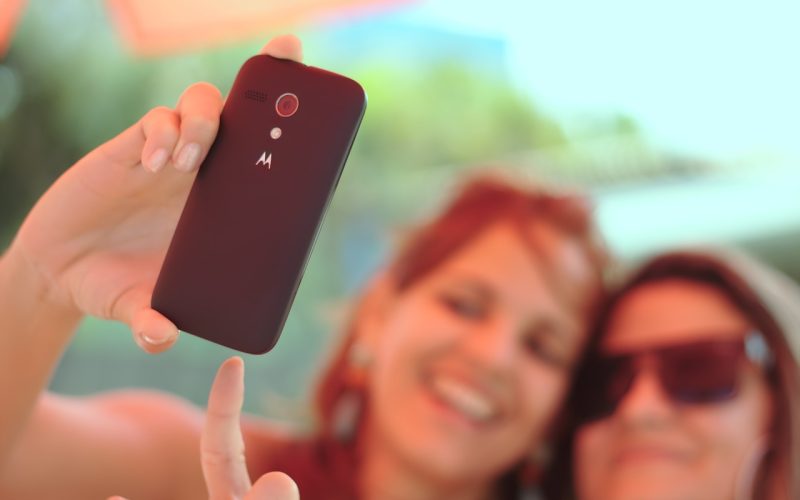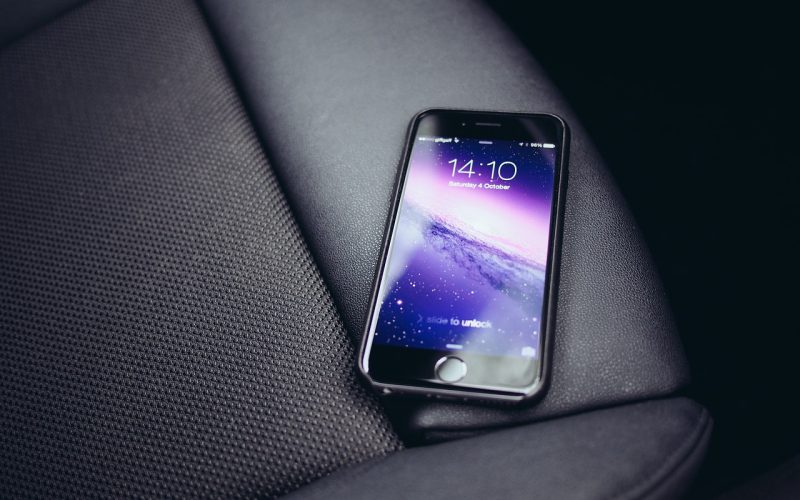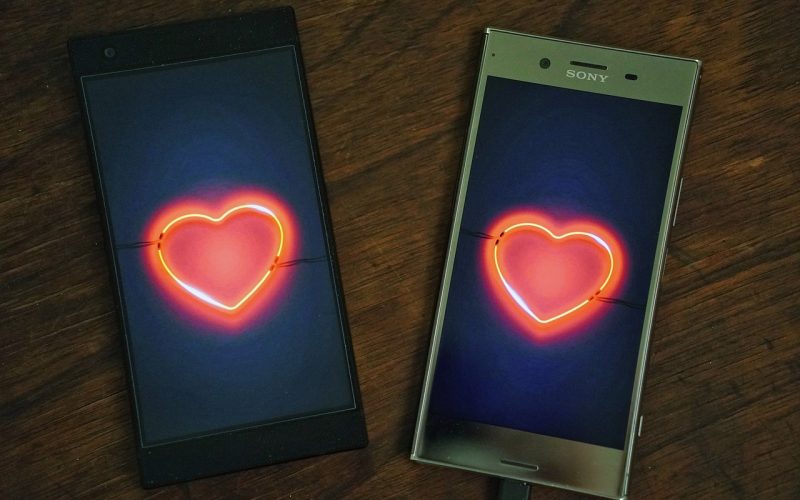Dating culture is evolving, and nowhere is this more evident than with Gen Z. Despite having unprecedented access to romantic opportunities through dating apps, studies suggest that they are going on fewer dates than previous generations. The reasons behind this shift are multifaceted, rooted in technology, societal changes, and deeper cultural shifts. At the same time, dating apps themselves are leaving a profound impact on society—redefining relationships, communication, and even mental well-being.
Gen Z prioritise personal goals over dating
One of the primary reasons why Gen Z are dating less frequently is their focus on personal growth and career ambitions. Many young people today are opting to invest their time and energy into education, developing their skills, or pursuing entrepreneurial aspirations. Dating, once a significant marker of adulthood, is perceived as taking a backseat to achieving personal goals.
Additionally, this younger generation appears more thoughtful about the kind of relationships they want to pursue. Rather than dating for the sake of it, Gen Z is taking a more selective approach, choosing quality connections over quantity. This mindset aligns with their value of authenticity and an aversion to wasting time on relationships they feel won’t serve their long-term goals.
The paradox of choice on dating apps
Dating apps undeniably play a pivotal role in shaping how Gen Z finds and forms connections, but they also bring with them the “paradox of choice.” With endless profiles to swipe through, users are faced with an overwhelming number of potential matches, which can lead to decision fatigue. This abundance of choice may discourage users from committing to dates altogether, as they feel there might always be a “better option” waiting right around the corner.
Furthermore, dating apps can create a sense of disillusionment. Many Gen Z users report feeling burnt out by the effort required to build meaningful conversations online, with too many exchanges failing to translate into in-person interactions. This phenomenon has left some feeling sceptical about the efficiency of dating apps as a tool for fostering real connections.
The role of societal and economic pressures
Economic factors also cannot be ignored when examining the trend of fewer dates among Gen Z. The cost of living has risen sharply, and many young people are grappling with the financial stress of student debt, high housing costs, and stagnant wages. Dating can be expensive, which discourages some from dedicating their limited resources to romantic outings.
On a social level, the increased awareness of mental health has also affected dating habits. Gen Z are proactive in managing their mental well-being, and many view dating as an additional source of emotional stress rather than a reprieve. They are more likely to prioritise self-care and create boundaries around activities they perceive as draining.
Dating apps and their societal effects
While dating apps have revolutionised how people meet, their impact on society is a double-edged sword. On the one hand, apps like Tinder, Bumble, and Hinge have widened the pool of potential matches, breaking down geographical and social barriers. Users can now connect with people they might never have met otherwise, broadening their understanding of different cultures and perspectives.
However, dating apps have also normalised more transactional views of relationships, sometimes reducing bonding to surface-level interactions. The emphasis on curated profiles and quick judgments can reinforce unrealistic standards of attraction and compatibility, discouraging individuals from forming deeper emotional connections.
The impact on communication and relationships
Dating apps have transformed how Gen Z (and society as a whole) communicates in the early stages of relationships. Online conversations often lack the nuances of face-to-face communication and can result in misinterpretation or greater anxiety about how one is perceived. The decline of in-person socialising is also eroding vital interpersonal skills, with many young people reporting discomfort in initiating real-life conversations or displaying vulnerability.
At the same time, the changing dynamics of dating affect long-term relationships. Some couples formed through dating apps express concerns about the “grass is greener” mentality fostered by the abundance of options presented on these platforms. The pressure to continuously validate one's choice can create strain, even in otherwise healthy partnerships.
Finding a balance in the digital dating landscape
Gen Z's approach to dating reflects their adaptability and evolving values. With technology driving major changes in how people connect, it’s no surprise that dating trends are shifting too. While dating apps offer unmatched convenience, they come with challenges that are uniquely shaping relationships and societal norms.
It’s important for Gen Z—and society more broadly—to strike a balance between the efficiency of online dating and the profound experience of forming authentic, in-person connections. By fostering self-awareness and maintaining open communication, this generation can redefine how meaningful relationships are built while navigating the digital dating world.
